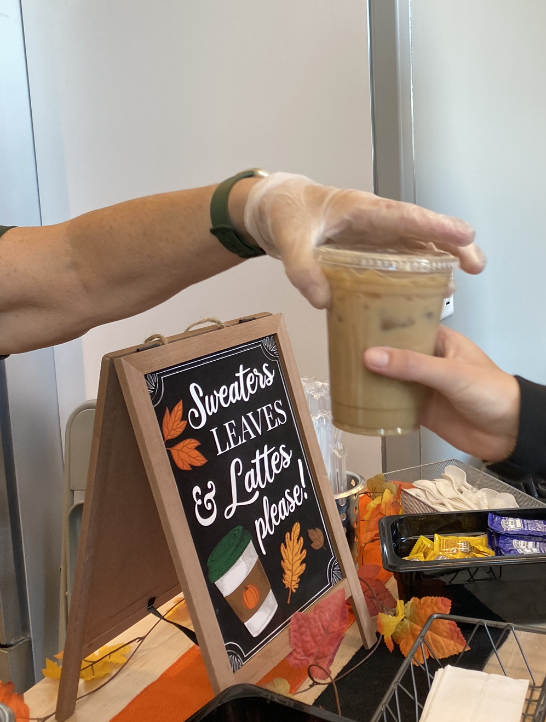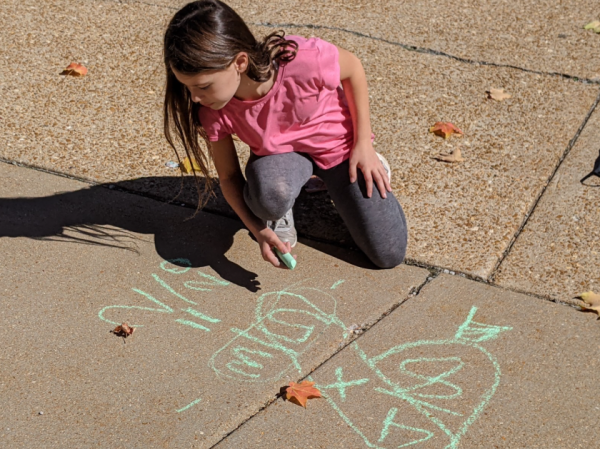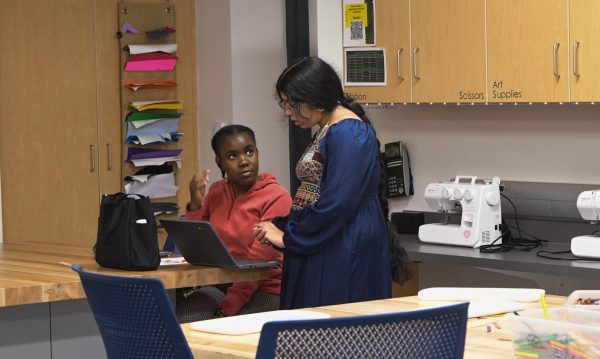News Hot Off the French Presses
With the opening of Lindbergh’s new Coffee Counter, many students have started to look forward to a midday energy boost. But lately, the question has arisen among students: how energizing can a decaffeinated beverage be?
Speculations from students regarding whether or not the beverages served at the Coffee Counter contain caffeine have emerged, according to Kaleigh Krader (10).
“I was walking behind these two girls in the hallway and they were talking about it,” Krader said.
With no confirmation as to if the school coffee contains stimulants or not, many students have taken it upon themselves to use context clues, trying to decide if decaffeinated coffee might be the case.
“It makes sense because all the sodas are zero sugar and diet,” said Krader.
Eric Cochran (Principal), has debunked this theory, revealing that the coffee served at the Coffee Counter is in fact caffeinated, however, there are decaffeinated options.
“Let’s be honest, I think that high school students are going to find their caffeine no matter what,” Cochran said.
While the idea of getting high school students hooked on caffeine is not necessarily a factor that Cochran likes, he does note that there are numerous advantages to serving caffeinated beverages.
“Right now, at least currently, most of what I read is that coffee has a lot of health benefits for people,” said Cochran.
It has been proven that coffee is linked to a lower risk of depression, protection against liver diseases, support for heart health and increased longevity; according to Healthline. These aspects of coffee that promote well-being are a big part of Lindbergh’s decision to allow caffeine in their coffee.
“I would rather them be drinking our coffee than drinking some of the power drinks that they’re drinking which have way too much caffeine and a lot of sugar,” Cochran said.
Sophomore student Lucy Peterein is glad that the school coffee is caffeinated, as caffeine is important to her daily life.
“Caffeine doesn’t make me incredibly hyper, but I do like to have caffeine as an option, especially when I’m really exhausted or I didn’t get enough sleep,” Peterein said.
Decaffeinated or not, the students of Lindbergh deem the creation of the Coffee Counter a raging success, with over 70 students purchasing beverages daily.
“It’s something to cheer you up and make classes a little easier,” Peterein said.





